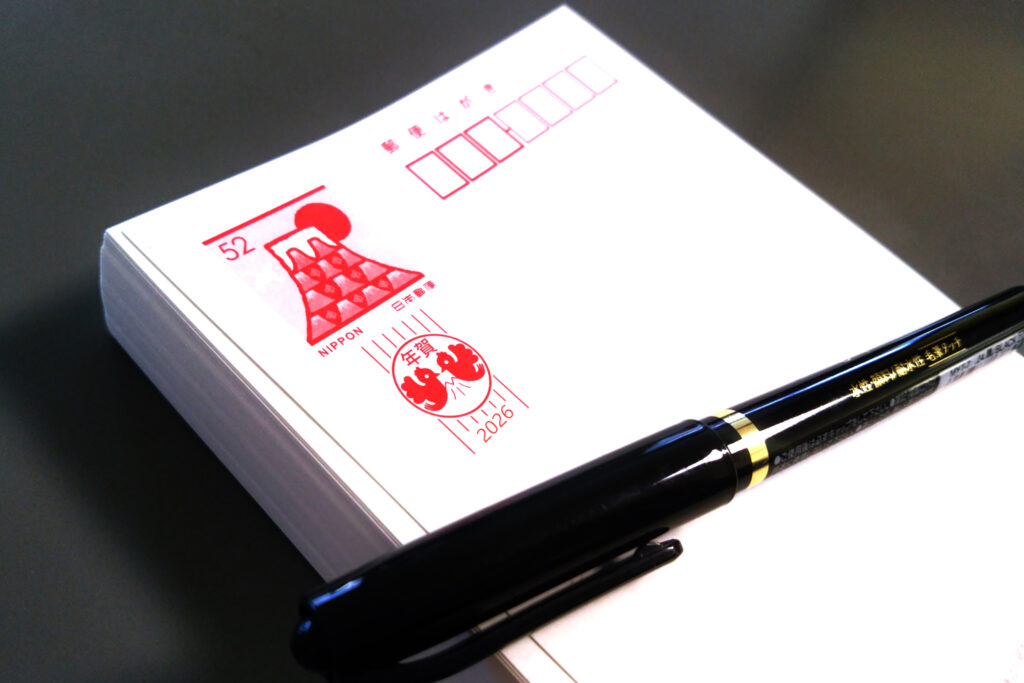If you’re a foreign resident in Japan, understanding the ins and outs of the local banking system is crucial. From cash withdrawals to opening a bank account and managing international money transfers, this guide provides a comprehensive overview of the key considerations for expats.

Cash Withdrawals
The accessibility of ATMs accepting foreign cards has significantly improved. Whether your card bears the Visa, Mastercard, Cirrus, Maestro, or Plus logo, you can withdraw cash from ATMs in post offices, major banks, and convenience stores. While bank branch ATMs usually cater to local accounts, post office and convenience store ATMs offer services for most Japanese banks, albeit with a small commission per transaction.
Opening a Bank Account
Navigating the Japanese banking system as a foreigner can feel a bit different than in other countries. While most nations require identification and proof of address, Japan adds a layer of complexity with the Zairyu card (residence card), a must-have for opening any regular account. Additionally, long-term visa holders or residency exceeding 6 months are typically prioritized, making it challenging for short-term visitors.
Unlike some countries where online or remote account opening is commonplace, Japan leans heavily on in-person visits and physical documentation. Be prepared to visit your chosen bank branch with your Zairyu card, passport, proof of address like a utility bill, and even potentially a hanko (personal seal). The process might feel a bit slower and more formal compared to other places, but rest assured it’s designed for security and verification. Patience and thorough preparation are key.
Required Documents
To open a bank account in Japan, you typically need the following documents:
- Passport: A valid passport is a standard requirement, serving as proof of your identity.
- Residence Card (Zairyu Card): Your residence card is crucial, demonstrating your legal status in Japan.
- Residency Certificate (Jyuminho): This certificate confirms your residential address, an essential piece of information for the bank.
- Inkan/Hanko (Personal Seal): Japanese banks often require a personal seal as a signature alternative. Ensure you have this traditional form of identification.
- Phone Number: Provide a valid phone number to facilitate communication with the bank.
- Address Verification: Documents or receipts that verify your address are necessary for the account opening process.
- Business Card or Document in Katakana: Some banks may request a business card or another document displaying your name in katakana, particularly useful for identification purposes.
Credit and Debit Cards
Obtaining a credit card as a foreign resident can be challenging due to stringent approval checks. Debit cards, however, are more accessible and may be obtained without the same level of scrutiny. Seven Bank, for instance, offers a debit card account to individuals who have resided in Japan for at least 6 months and are at least 16 years old.
Notable Banks in Japan
Here are among the prominent bank options in Japan: SMBC Trust Bank’s PRESTIA, Seven Bank, JAPAN POST BANK, Mizuho Bank, Sumitomo Mitsui Banking Corp., and MUFG Bank. Selecting the right bank in Japan depends on your specific needs, language preferences, and usage patterns. Whether you prioritize an English interface, extensive overseas remittance options, or a no-fee structure, this guide helps you make an informed decision based on your individual expat requirements. The banks listed below allow you to open an account with zero Japanese language proficiency, thanks to the availability of English application forms. This ensures a smooth process, allowing you to focus on your daily living activities without language barriers.
- Shinsei Bank
- English Support: Yes (Online application available in English)
- Application Process: English application form via mail or online (Japanese app available)
- Customer Support: Toll-free English-speaking lines
- Overseas Remittance Fee: JPY ¥2,000 per remittance
- Monthly Maintenance Fee: None
- Domestic ATM Fees: ¥110 (Free for accounts with over 1 million yen)
- SMBC Trust Bank
- English Support: Yes
- Application Process: No personal seal (inkan/hanko) required
- Customer Support: English
- Overseas Remittance Fee: No transfer fees for Prestia Gold customers; ¥2,500 per online transfer for others
- Monthly Maintenance Fee: ¥2,200 (waived with a monthly average balance of ¥500,000 or equivalent)
- Domestic ATM Withdrawal Fees: ¥0 at Sumitomo Mitsui Banking Corporation ATMs; ¥110 to ¥330 at affiliated ATMs
- Sony Bank
- English Support: Yes (Entirely online)
- Application Process: English-friendly online app
- Customer Support: All-English experience
- Overseas Remittance Fee: ¥3,000 per remittance (Can be waived up to 3 times per month depending on Club S level)
- Monthly Maintenance Fee: None
- Domestic ATM Withdrawal Fees: ¥110 (Waived depending on Club S level)
- WISE (TransferWise)
- Not a traditional bank but a money transfer provider
- Website and App: Available in English
- Overseas Remittance Fee: Varies by currency (Use their price calculator)
- Monthly Maintenance Fee: None
- Withdrawal Fees: Free for withdrawals up to 30,000 JPY per month (2 or fewer withdrawals)
- Japan Post Bank (Yucho)
- English Application: Available in up to 16 languages
- Eligibility: No 6-month residency requirement (Full services after 6 months)
- Overseas Remittance Fee: Fixed fee of ¥7,500 per remittance
- Monthly Maintenance Fee: None
- Withdrawal Fees: Free at Japan Post Bank ATMs
- Rakuten Bank
- English Support: Yes (Online application form available in English)
- Application Process: Online application with some Japanese typing required
- Customer Support: Some English interface on the mobile app
- Overseas Remittance Fee: ¥750 per transaction
- Monthly Maintenance Fee: None
- Withdrawal Fees: Free domestic withdrawals up to 7 times with the Happy Program
Transferring Money within Japan
For domestic transfers within Japan, bank ATMs are a convenient option, even without a bank account, for amounts less than ¥100,000. Direct transfers from a bank account offer lower commission fees, especially if the recipient uses the same bank.
International Money Transfers
Transferring money internationally to Japan has its unique quirks compared to other countries. The general methods, like bank transfers and money-sending services like Western Union, apply, but with Japanese specifics. Bank transfers can be slow and incur hefty fees, especially for smaller amounts. Specialized services like TransferWise often offer better rates and faster transfers, particularly for larger sums. However, Japan’s banking system doesn’t always seamlessly integrate with these platforms, requiring additional intermediary banks and potentially pushing up costs. Additionally, Japan Post Bank plays a prominent role, offering its own international remittance service and serving as a common recipient account for transfers. It’s important to note that overseas money transfers through banks may take 2-7 business days and involve additional fees from intermediary banks.
Essential Tips for Real Estate Transactions
In addition to securing a dependable banking partner offering English-language online services, expatriates residing in Japan often find value in considering the synergy between their chosen bank and real estate transactions. Many financial institutions extend services tailored to real estate, encompassing mortgage options and assistance in managing property-related finances. Cultivating a connection between your banking institution and potential real estate ventures can streamline financial processes, providing a holistic solution for your living arrangements in Japan. Whether you’re exploring rental properties or contemplating a property purchase, having a bank well-versed in the intricacies of real estate transactions contributes significantly to a seamless expat experience. At Housing Japan, our agents are dedicated to guiding you through this process, ensuring a smooth real estate journey without unnecessary concerns. I trust this article has provided valuable insights into navigating banks and financial matters in Japan.
Check out related articles for more:
- Guide to Buying a Home in Japan
- Yen Loan Calculator For Buying A House In Japan
- Tokyo Property Taxes and Fees
- Fees and Taxes of Selling Your Home in Japan
- How Expats Can Obtain Real Estate Investment Loan In Japan
- More Real Estate resources here
What Next?
At Housing Japan, we specialise in buying, selling, and managing residential luxury real estate. Whether you are a local resident, first time buyer in Japan or simply seeking a second home or temporary residence for business trips, we have you covered. Our one-stop service includes expert management services, so you can sit back and relax knowing that everything is taken care of. Whether you are looking for a luxurious living experience or an investment opportunity, we are here to help you every step of the way. Our bilingual agent will get back to you in English, Chinese or Japanese.
Browse properties for sale in Tokyo
Contact Us
Housing Japan
7F BPR Place Kamiyacho, 1-11-9 Azabudai, Minato-ku, Tokyo, Japan 106-0041











